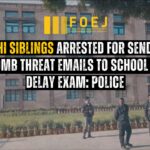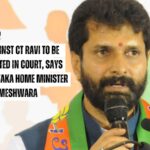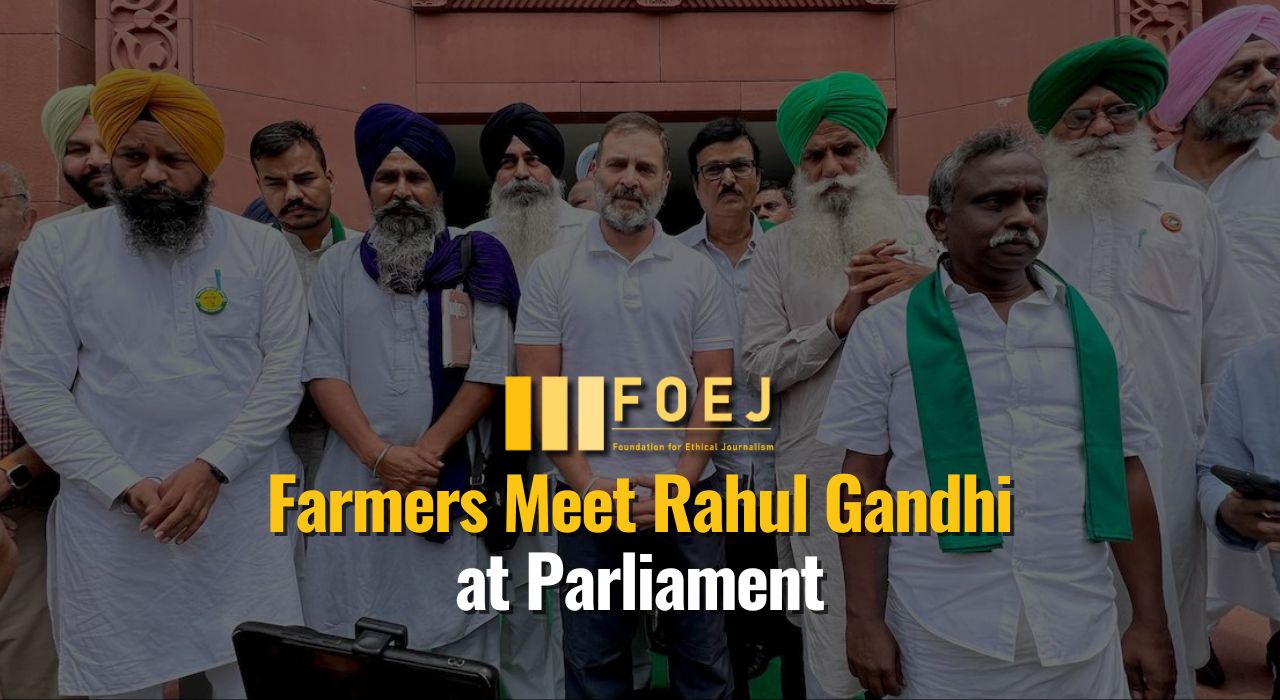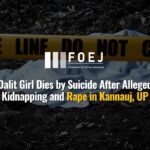Farmers advocating for a revision of the minimum support price (MSP) policy engaged in discussions with Congress MP Rahul Gandhi at the Parliament complex in New Delhi on Wednesday morning.
Rahul Gandhi, who is also Leader of the Opposition in the Lok Sabha, reportedly met a delegation of 12 farmer leaders from Punjab, Haryana, Uttar Pradesh,Telangana, Tamil Nadu, and Karnataka.
According to the reports, Senior Congress leaders KC Venugopal and Deepnder Singh Hooda were also present during the meeting.
There was confusion before the meeting as the farmers were not allowed inside. “We invited them… but they are not allowing them inside Parliament. They are farmers, maybe this is why…” Rahul Gandhi said.
One of the farmers, Jagjit Singh Dallewal, said the government had failed in fulfilling their promises. “Swaminathan report implementation is a must. We will continue to march towards Delhi…,” he said and the NDTV reported.
According to the details, the farmers had earlier spoken to Rahul Gandhi about issues in their respective states, and also requested him to introduce a private member’s bill to fulfill their demands- to revise MP and ensure legal backing. These demands highlight the core of the protest of 2020.
Farmer unions want the MSP- a purchase guarantee set by the government to safeguard agriculturists from fall in crop prices- to be based on the swaminathan commission’s C2+50 formula.However the government is reluctant in dropping the existing A2+FL+50 per cent method.
Meanwhile, apart from changing the formula, the farmers also want legal backing for this purchase price; at present the government is not obliged to buy, for example, 10 percent of a paddy crop at the floor price.
Protest
In 2020 and 2021, thousands of farmers gathered and marched towards Delhi. This caused the government to set up strict security measures around the city, similar to what is done in war zones. The farmers came with their tractors and enough supplies to stay for months. They set up temporary camps and blocked important roads leading into the city.
The second round of protests named as Delhi Chalo 2.0 also demanded loan claims and freezing of electricity tariffs for farmers erupted in February, months before a general election in which the BJP lost seats in key states. Delhi Chalo 2.0 took a pause after the government made a new offer but the offer was rejected by the farmers.









